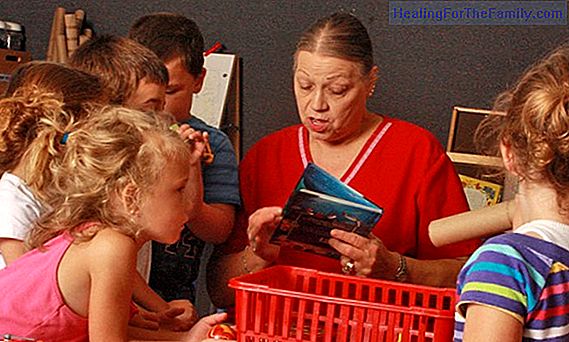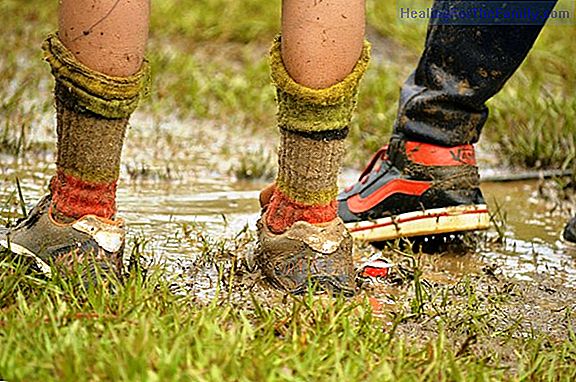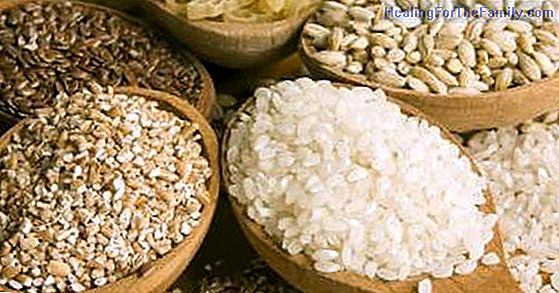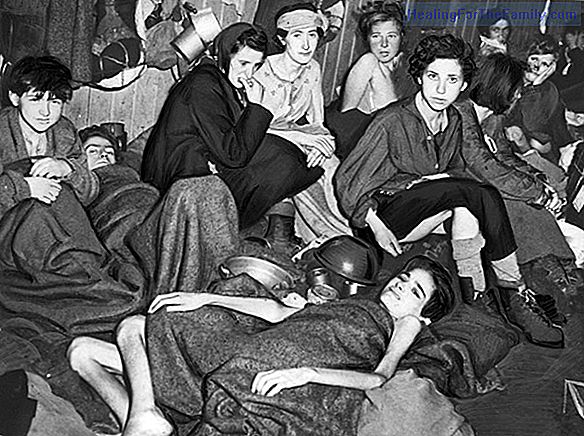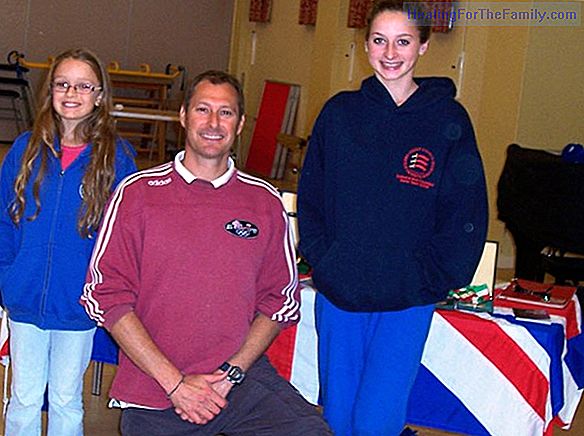Relationship between children's saliva and cavities
The mouth has a few important structures (lips, teeth, tongue, cheeks), but we can not forget that without the saliva all the others would work badly . We have several groups of salivary glands like the parotids, (whose infection causes the mumps or mumps), which is in front of the ear. There are al
The mouth has a few important structures (lips, teeth, tongue, cheeks), but we can not forget that without the saliva all the others would work badly.
We have several groups of salivary glands like the parotids, (whose infection causes the mumps or mumps), which is in front of the ear. There are also sublinguals and submaxillary, and then hundreds of tiny glands distributed through the oral mucosa.
What role does saliva have in the child's mouth
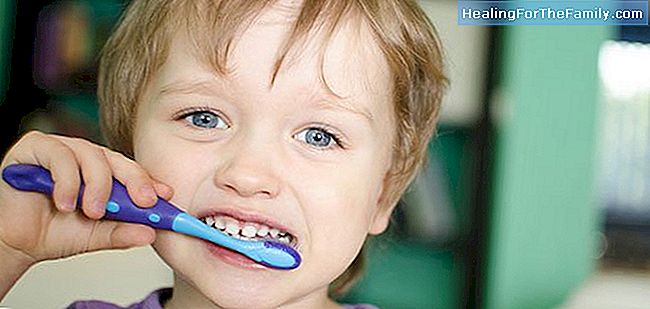
Saliva lubricates the food bolus, refreshes (for example, when we drink something very hot), has antibacterial properties and helps the beginning of digestion of the food because It has enzymes. An interesting property is the 'buffer' capacity it has, which means that when the medium is very acidic or very alkaline, saliva helps to counteract it.
As soon as you finish eating the bacteria in the mouth, they begin to work, since they feed on the remains that remain accumulated on the teeth, and between the tooth and the tooth. Such residues are metabolized and digested and as a consequence of the process the bacteria produce acids. These acids are the ones that demineralize the enamel, and they corrode gradually, and that's what caries is. Saliva plays an important role in preventing this from happening. First, becausea tooth bathed in saliva is less prone to caries
. Thus, the upper incisors, which in many children are exposed to the air when lying with the lips at rest, are more prone to decay. The air dries out and causes the bacterial plaque to adhere to the tooth, and if the lip is not rubbed against the tooth surface, and the saliva has no option to perform its cleaning function, that tooth remains dirty longer. What factors help children to have cavitiesChildren who breathe through the mouth que or who sleep with their mouth ajar have more cavities than those who do so through the nose. In the same way, children who
do not have space between teeth and teeth
, which is normal, are much more prone to decay because saliva does not pass and cleans between tooth and tooth. Diseases, and more commonly, medications that modify the composition or amount of salivaalso increase the risk of caries, and this is what happens with bronchodilators and corticosteroids commonly used for the treatment of asthma and other bronchial diseases. That is why it is important after brushing the child's teeth.
Saliva as a protective factor in the child's mouth As we can see, there is no 'acid saliva'
. Acid is the medium in which that saliva appears. Saliva has a practically constant composition at the time of being secreted into the oral cavity, but if this mouth has bacteria processing food, that medium is already acidic. Just as the water of a river is 'acidic' or not depending on the rocks in its path. The saliva will try to counteract this acidity. Keep in mind that for a mouth to be healthy, saliva is the great protective factor that must be present, and control all those variables that can modify the amount of saliva. A dry mouth is a sick mouth.






